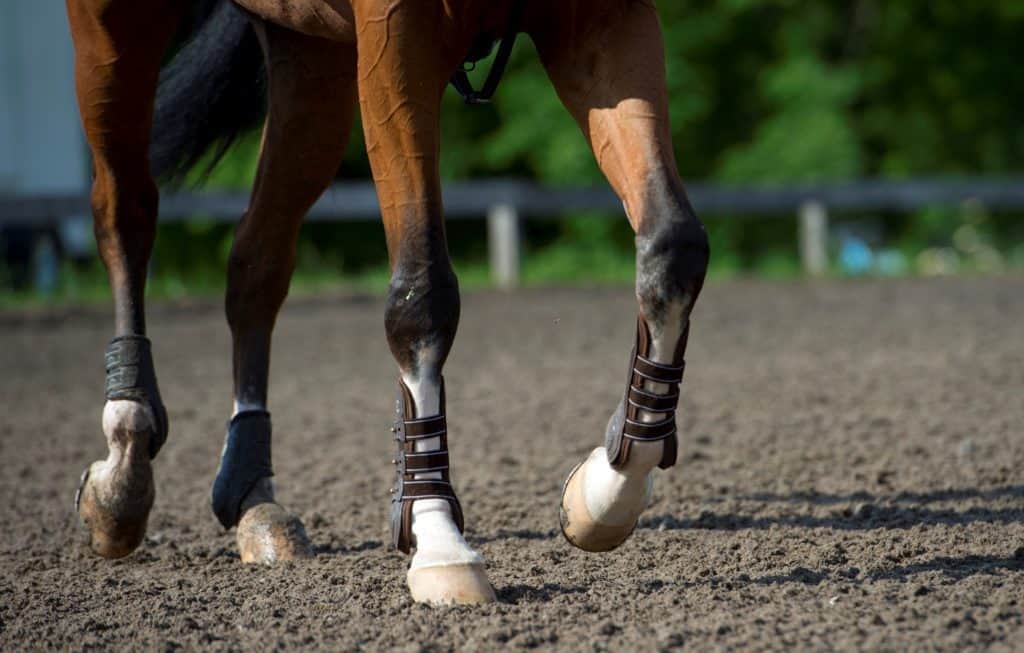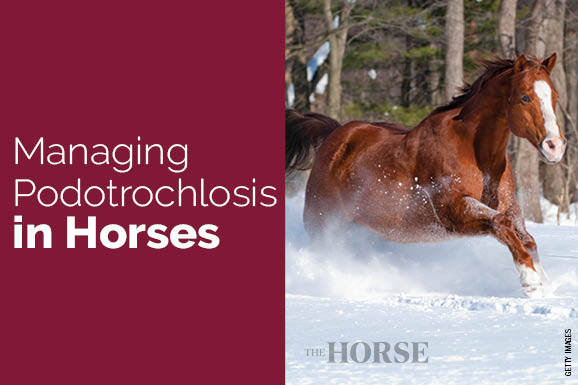
Performing a Physical Examination on Your Horse
A brief physical exam allows you to collect important information to relay to your veterinarian before he or she can reach the farm.
How to care for the basic health needs of horses

A brief physical exam allows you to collect important information to relay to your veterinarian before he or she can reach the farm.

Horses are very adaptable and typically can handle significant temperature changes; however, when we alter their natural condition, they might struggle.

Obesity could cause increased damage to your horse’s joints. Here’s why.

Dr. Luke Bass explains why injecting your horse’s joints too frequently might be harmful or reduce treatment efficacy.

Equine practitioners are using recent research in their day-to-day practice to diagnose PPID, EMS, and ID.

Black cherry leaves are blowing into a horse pasture, and the owner is worried they will put her horses’ health at risk.

Addressing your OTTB’s diet in three phases will help you provide the nutrition he needs to thrive in his new career.

Leading researchers from around the world share their findings on this common joint disease of young horses.

Learn how to maintain your senior horse’s joints so he stays comfortable into his later years. Sponsored by American Regent Animal Health.

Explore the causes of the chronic hoof condition navicular disease and find out how you can manage it.

An equine nutritionist explains why you should consult your veterinarian and test hay quality if your mule (or horse) has a hay belly.

Predators such as bears, cougars, wolves, and coyotes can pose threats to horses and other farm animals. Learn how to protect your animals and prevent attacks on your farm.

Researchers are studying these behaviors and how they can affect equine health and welfare.

Newly identified liver viruses in horses might be more common than we realize.

One equine nutritionist explains why mineral blocks might not be ideal for mules, and what can replace them.

Learn about feeding basics, from hydration and forage to feeds and supplements, so you can make the best nutritional choices for your horse.
Stay on top of the most recent Horse Health news with
"*" indicates required fields